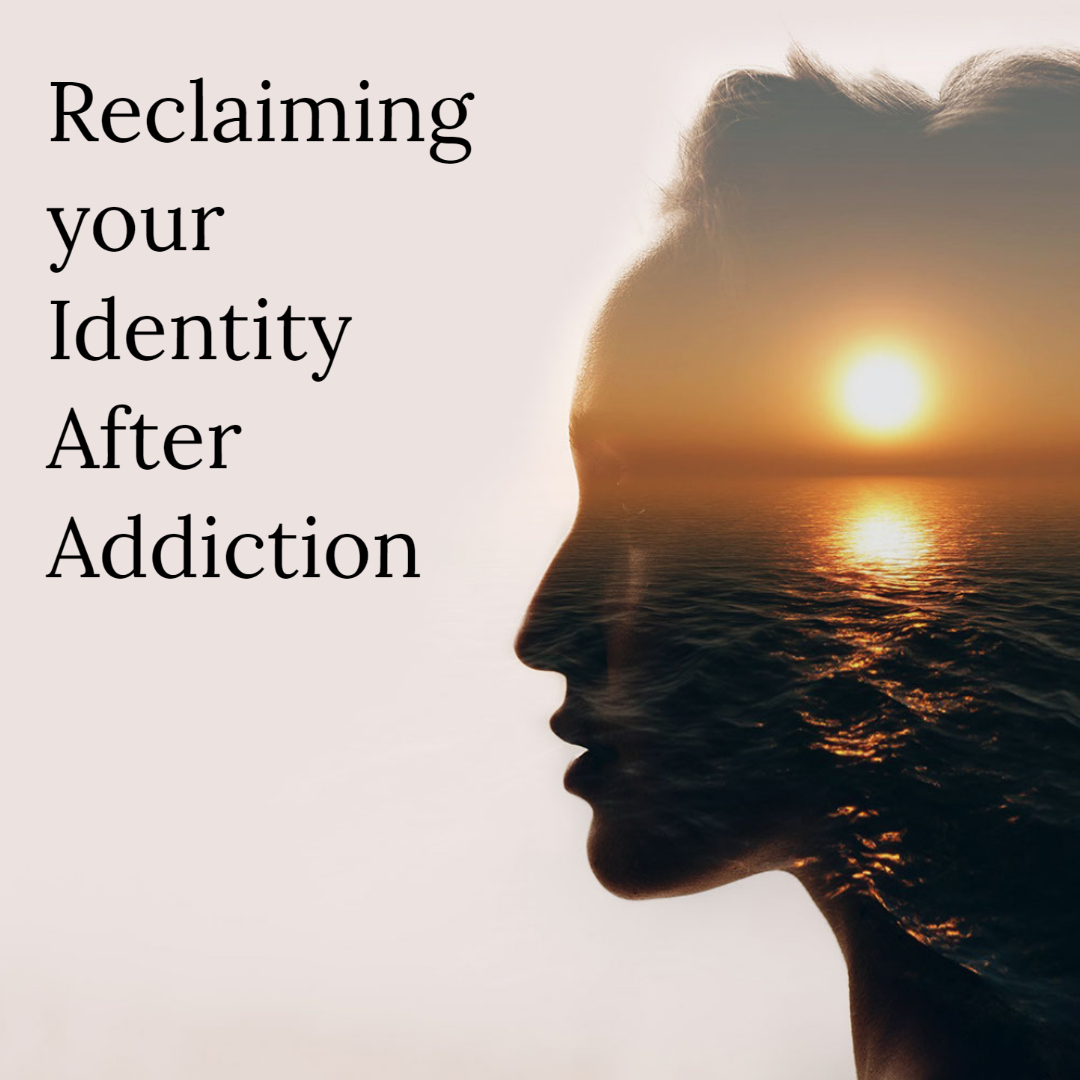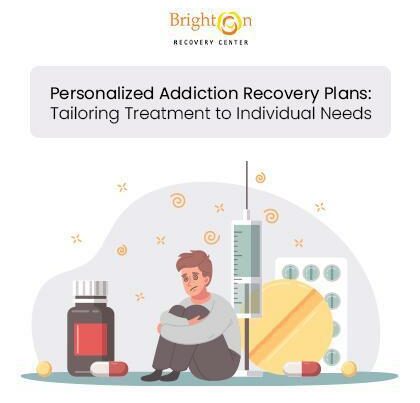Reclaiming your Identity After Addiction

Through many stages of the recovery process, a lot of energy and focus is put into learning new and effective coping mechanisms to address the stresses of each day in a healthy and productive way. Learning these skills is essential and each stage of recovery can introduce any number of new techniques to help each individual cope with urges and stressors that may otherwise entice someone to return to using addictive substances like drugs or alcohol. However, recovery also involves a number of other skills that can be used to empower a person in their everyday life. Learning these coping strategies is important, but effective recovery can turn these strategies into an afterthought. As someone explores their own identity in recovery and learns how to lead a life of sobriety, they often have to consciously employ a variety of strategies to maintain their recovery. Over time, these skills and strategies can become second nature and be a normal part of living sober. Recovery is about more than learning to cope with urges–it’s about transforming one’s mindset and outlook as a whole.
Begin with a Focus
Learning new coping strategies and trying new therapeutic approaches can help broaden one’s horizons when it comes to the options available to help a person manage their life better. These strategies and therapies typically start as specific techniques designed to help someone better express themselves or otherwise divert their attention away from stressors or urges to use. Practices like art therapy, meditation, movement therapy, and even life skills like maintaining a clean living environment and attending regular appointments are all done through the context of the recovery sphere. However, these tools are by no means bound to only work within the context of addiction recovery. Instead, exploring the myriad of different approaches available in recovery is intended to help each person begin to find their own identity and effective outlets for navigating life. Art therapy isn’t limited to being used to help someone process how they felt about addiction to drugs or alcohol, and rather, is a tool that can be used as both an enjoyable hobby and as a means of expressing any number of other aspects and emotions in one’s life.
The purpose of exploring all of these options is to find approaches that work for a person in recovery. Trying new approaches means exploring the number of different ways that someone can introduce a new daily practice into their lives that can be used in a practical way, regardless of how a person is feeling that day. It is an exploration in finding new hobbies that can be a bridge that can help a person manage their urges and integrate themselves into the “real world” with a new outlook, new hobbies, and new ways of thinking that can be incorporated into regular practice, especially during stressful times.
Reclamation of Identity
Approaches to recovery are most effective when they allow a person to explore their identity outside of recovery while still creating an effective outlet within the recovery sphere. Learning life skills like maintaining a clean living space or managing finances is important not just because they allow a person to develop a sense of responsibility and accountability while in recovery, but because these aspects also motivate someone to explore their own individuality through their own means. Having a clean living space can help someone to make the changes they want in their environment through redecorating or removing stressors from their living space. Art therapy, for example, can be most effective when it no longer has anything to do with the stresses of drugs or alcohol all the time. Instead, it can become a mode of expression that someone can use to showcase pride, happiness, and success just as much as it can help someone cope with an urge or a particularly stressful day.
Creating the “Afterthought”
Maintaining recovery from addiction is something that a person may have to deal with for the rest of their life. It is possible that cravings and urges will never fully go away and a person may have to constantly employ coping strategies even years into their sobriety. However, by
using these techniques consistently, these practices will become second nature and can be implemented without much conscious effort. Over time, these skills will become integrated as a part of a person’s new, transformed identity in recovery. Yoga can be used not just to process urges or to prevent relapse but can be a calming way for a person to detach from stresses or simply engage in self-care. While going for a jog can begin as a way to pass time when a person is feeling an urge, exercise can develop into a genuine interest in bettering one’s body, regardless of how they are feeling about drugs or alcohol at the time. These techniques can always be deployed when dealing with urges or stressors in the moment, but finding the approach that can transcend that single difficult moment in time is an approach that can truly transform one’s outlook going forward. Turning recovery techniques into an afterthought means reclaiming a new identity outside of the recovery sphere that looks forward to new experiences while maintaining sobriety.
Finding techniques and approaches that extend beyond the recovery sphere and into the reclamation of your identity are the most impactful, transformational practices that anyone can use through their recovery journey. If you or a loved one are struggling with an addiction to drugs or alcohol and are ready to take the first step towards your sober future today, Brighton Recovery Center can help you find your best practices and provide a safe, understanding environment to reestablish your own sober identity. Your time at our beautiful, extensive campus can be personalized to fit your needs and goals in recovery, and our unique approach and amenities allow you to explore the different therapeutic strategies available to you. Our campus, complete with meeting halls, a thrift store, yoga studio, gym, and much more, are all available to each person in any of our programs. For more information on how we can personalize your recovery or to talk to a caring, trained professional about your unique situation, call us today at (844) 479-7035.



